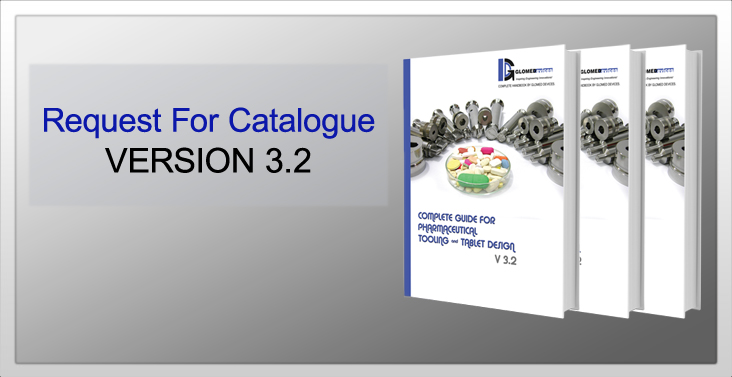Material
Among different processes and factors, selection of best material of client requirement having the nature of the tablet in mind is one of the most important processes among all. Different factors are considered first before the selection. But before moving ahead we must know what the tool steels are?
What are Tool Steels?
Tool steels are the product of a highly specialized branch of the steel industry; they are a range of materials formulated mainly for tools but including other items such as springs and automotive parts.
Unlikely the large scale steel industry which produces batches of hundreds of tons, tool steels are usually made by companies in batches of a few hundred kilos.
Carbon is the most important single element in tool steel, its content influences, more than any other constituent; the ability of the steel to harden during heat treatment and as such is the tool steel’s most important ingredient.
Many other alloy elements, the most common being Silicon (Si), Manganese (Mn), Nickel (Ni), Chromium (Cr), Tungsten (W), Molybdenum (Mo), and Vanadium (V) are used to modify the properties of the basic carbon steel.
The main properties of good tool material are hardening ability, resistance to abrasion, toughness, distortion during heat treatment, strength and resistance to corrosion.
Metals we use for our tools:
The British Standards Institution (BSI) has an identification and type classification of tool steels in which the steel are divided into major categories. Each category is given an alphabet to indicate the type. For example the letters indicate the following:
O = Oil hardening types
S = Shock resisting tool steels
D = High Carbon high chromium types
L = low alloy types
A = Medium alloy air hardening types
The British definitions are matched by those used in other countries. In the US, the American Iron and Steel Institute (AISI) use a similar system to the British. The German steel manufacturers use a different system of ‘Werkstoff’ or material numbers.
We are using all those materials that are used by all of the multinational tools manufacturer companies around the world. Our material range:
D 2
D 3
S 1
KE 672
O1
SS-440 C
EN 31 (High Chromium alloy steel)
Tungsten Carbide
We have categorized these materials into different categories like standard, premium, premium plus, PRSS and PRTC. There are also other material used by us but it depends on the nature of the granules/powders that are used to make tablet. For example if the product is herbal then it would have much abrasion on the tools. So the material selection for the tools much depends on the requirement and the nature of the tablet that customer would want to choose.
To ensure best quality tools, we routinely test our material in the laboratory prior to the manufacturing process. It’s only after certification from the laboratory that we start the manufacturing process.
These are the following things that are keeping in mind while selecting material for dies and punches by us:
Toughness
Wear Resistance
Hardness
Adhesive Wear Resistance
Compressive Strength
Corrosion Resistance
The selection of the correct tool steel will increase the life of the tools, gives high product yield, problem free production, low manufacturing cost, defect free tablets and out-class performance.



